Professional Capacity Building for Communications Project Made Lasting Impact
Students from Caltrans Districts 6 and 10 work on a design for retrofitting an existing 15-year-old Class 1 TMC data center into a Class 3 data center as the final lab exercise in the Small Data Center Design, Structured Cabling, and Grounding training course. Photo: Leann Koon. Instructor Eric Pearson explains how to complete a […]
Montana LTAP Hits the Ground Running

Montana LTAP has been hitting the roads hard this summer. Director Matt Ulberg and Field Trainer Shawna Page have conducted a variety of trainings in Lewistown, Miles City, Bozeman, Sidney, Billings, Boulder, Kalispell, and Cutbank to name a few. They’ve also hosted classes at four Montana colleges, on the Rocky Boy, North Cheyenne, Crow, and […]
WTI Researchers to Teach MSU Course on the Intersection of Transportation & Health
Transportation systems that prioritize motor vehicles have been linked to poor air quality and negative health outcomes such as asthma, may endanger walkers and cyclists, and disproportionately shift the negative effects onto minority and low-income communities. As a new generation of transportation engineers, planners, and policymakers join the workforce, it is important that they understand […]
SAFETY CENTER WEBINAR: Roadkill Observation and Data System Project
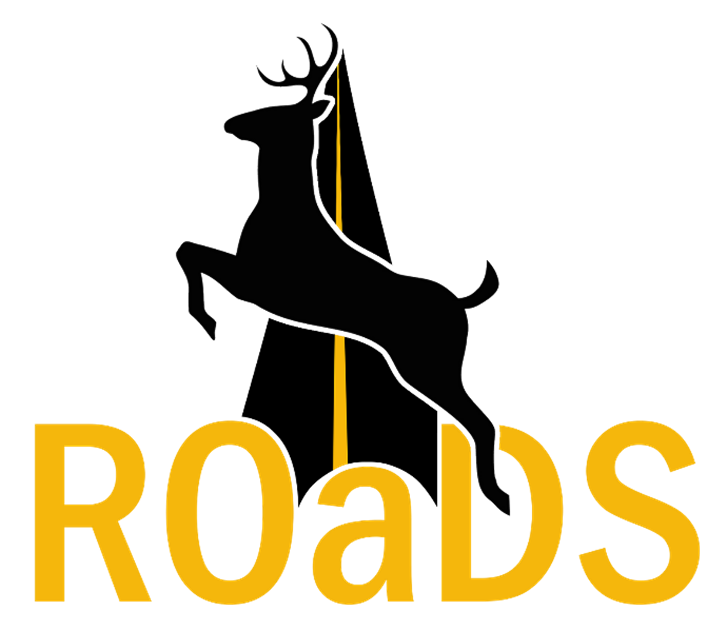
Two WTI Road Ecology Researchers will be the main presenters at a webinar on Tuesday, April 13, at 11 am Mountain Time. The National Center for Rural Road Safety (Rural Safety Center) is hosting a FREE, 1.5-hour online webinar on “Road Observation and Data System Project: Streamlining Animal-Vehicle Collision Data Collection.” This webinar will feature […]
WRTWC Will Kick Off Webinar Series on Transportation Workforce Development
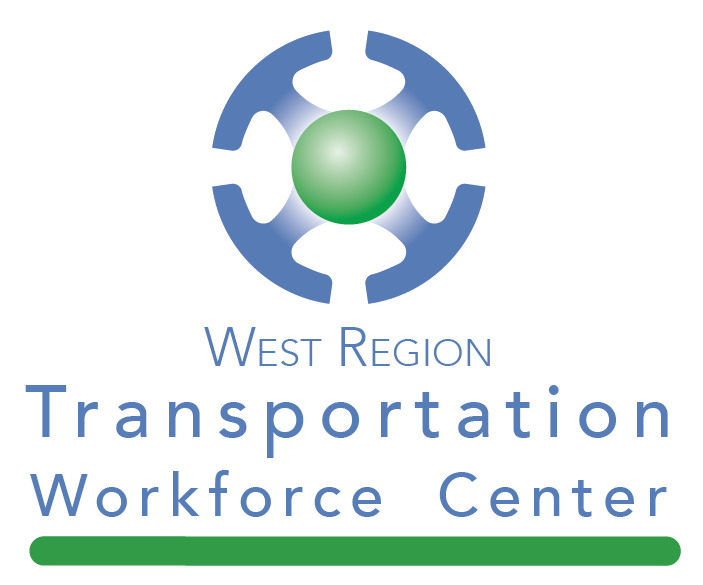
MSU Speakers will highlight successful program offering professional development and career exposure to university students How do we inspire the next generation of transportation professionals and start filling growing workforce needs in the transportation sector? Join the National Network for the Transportation Workforce for a 4-part webinar series on how to achieve effective student career […]
Watch Our Road Ecologists in Action!
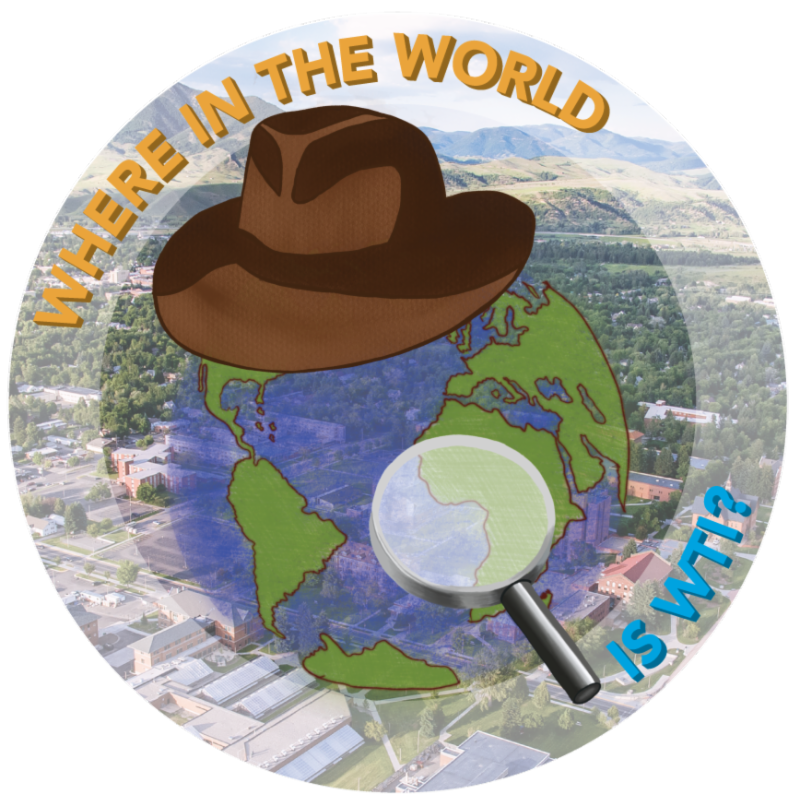
Conservation groups – including the National Wildlife Federation, Save L.A. Cougars, and ARC (Animal Road Crossings) – marked Wildlife Crossings Week (May 4 – 8) by hosting a series of webinars on current efforts around the world to enhance habitat connectivity. Road Ecology Program Manager Rob Ament led a session on “Improving Ecological Connectivity: the […]
FoRRRwD Webinars continue on May 12
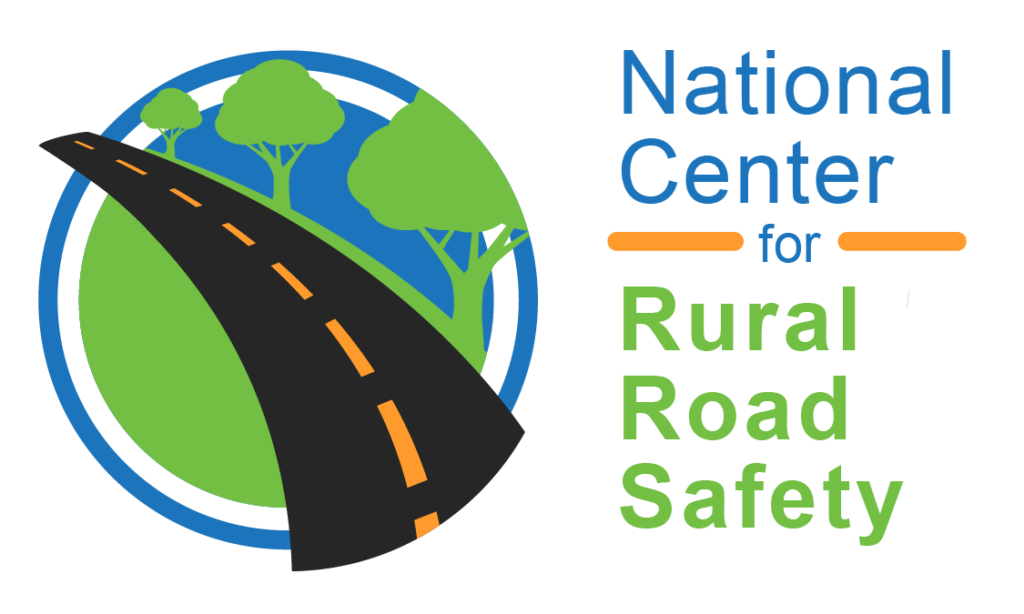
The National Center for Rural Road Safety is co-sponsoring a series of webinars with FHWA and NLTAPA on the Every Day Counts round five (EDC-5) initiative, “Focus on Reducing Rural Roadway Departures (FoRRRwD).” The theme of the next webinar will be Innovative Mechanisms to Deliver Safety Projects. This free webinar will be presented on May […]
WEBINAR: Focus on Reducing Rural Roadway Departures (FoRRRwD)

The National Center for Rural Road Safety is co-sponsoring a webinar with FHWA and NLTAPA on the Every Day Counts round five (EDC-5) initiative, “Focus on Reducing Rural Roadway Departures (FoRRRwD): Funding and Data to Identify Projects.” This free webinar will be presented on April 16, 2020, at 1 pm (Eastern time). Presenters from three […]
WEBINAR: Reducing Disparities between Rural and Urban Seatbelt Use
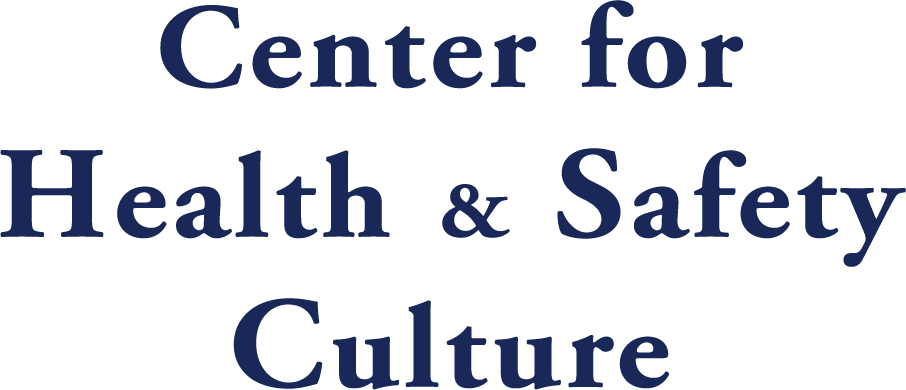
On April 22, 2020, at 1 pm (Mountain Time), CHSC will present “Together for Life Utah: Reducing Disparities Between Urban and Rural Seat Belt Use Rates.” In 2013, the Highway Safety Office of the Utah Department of Public Safety engaged CHSC in a multi-year pilot project to reduce the significant disparities in seat belt use […]
Big Turnout for Webinar on Traffic Safety Culture Messaging
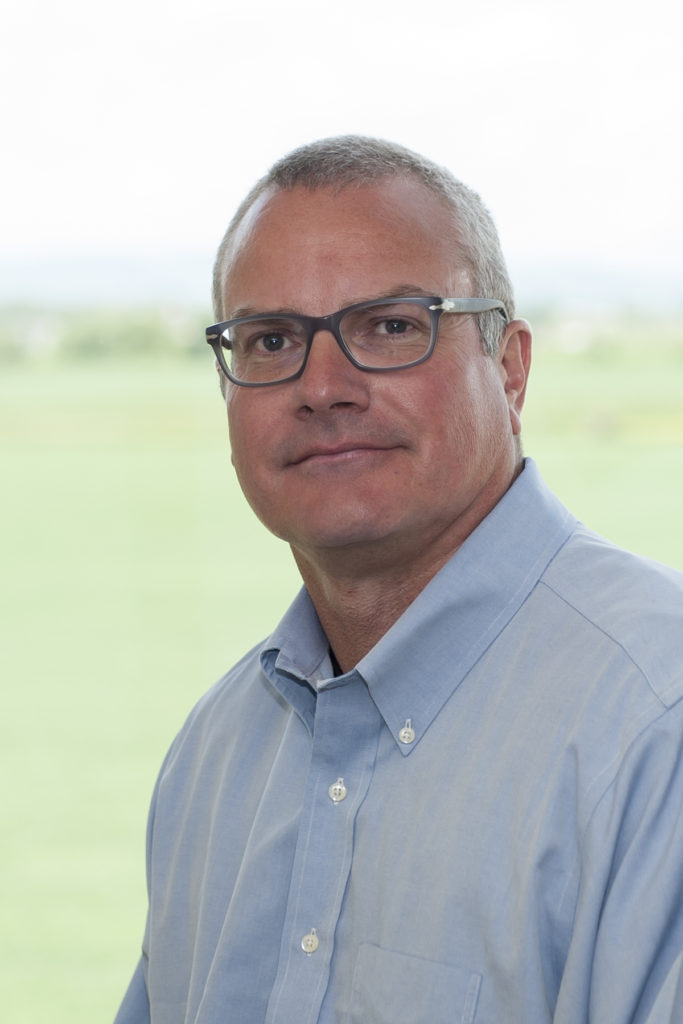
On March 25, Center for Health and Safety Culture Director Nic Ward led a webinar for the National Center for Rural Road Safety on “Traffic Safety Culture Messaging.” More than 300 people attended the forum, which summarized different forms of traffic safety culture messages, discussed the importance of a positive message “frame,” and presented aspects […]
